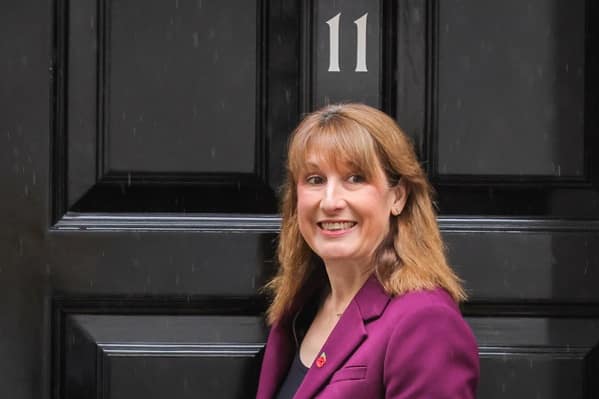For marginalised young people, Smith notes, the barriers are even higher. “Being able to create live music costs a bomb, so when you see a surge in black communities or working-class communities making trap music or drill music, which is predominantly made on a laptop, I see that as entrepreneurial,” he continues. “Yet that’s being shut down as music that isn’t quite music, but then you’re also offering no alternative pathway to get into the industry. I had access to instruments and MacBooks and GarageBand to get started and, had I not been given that opportunity, would I be here? Probably not.”








